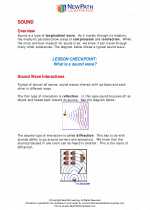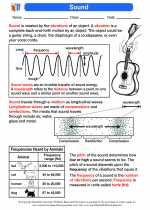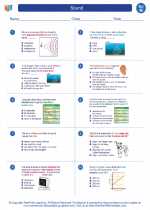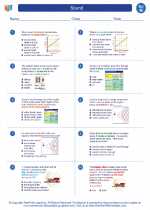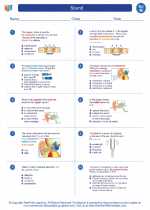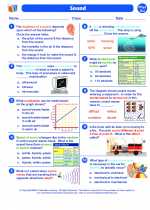Storage
Storage refers to the process of keeping, protecting, and preserving items for future use. In the context of science, storage can refer to the preservation of various materials, such as food, energy, data, and more.
Types of Storage
There are several types of storage that are relevant to science:
- Food Storage: This involves preserving food items to prevent spoilage and maintain their quality for consumption.
- Energy Storage: Energy can be stored in various forms, such as chemical energy (e.g., batteries), kinetic energy (e.g., flywheels), and potential energy (e.g., gravitational potential energy).
- Data Storage: In the digital age, data storage is crucial for holding and organizing electronic information, whether it's in the form of text, images, videos, or other digital content.
- Material Storage: This encompasses the preservation of raw materials, chemicals, and other substances for industrial or scientific use.
Importance of Storage in Science
Storage plays a vital role in scientific research and everyday applications. Here are a few reasons why storage is important in science:
- Preservation: Proper storage helps preserve materials and resources for future use, preventing wastage and ensuring sustainability.
- Research and Development: Scientists often store samples, data, and experimental materials for future analysis and reference, aiding in the advancement of knowledge.
- Efficiency: Efficient storage systems allow for easy access to materials and data, streamlining scientific processes and workflows.
- Safety: Proper storage of hazardous materials minimizes the risk of accidents and protects the environment and human health.
Study Guide
If you're studying the topic of storage for a science class, here are some key points to focus on:
- Understand the different types of storage and their relevance in scientific contexts.
- Learn about the specific methods and technologies used for storing food, energy, data, and materials.
- Explore the importance of proper storage in maintaining the quality and integrity of stored items.
- Consider real-world examples of storage systems and their impact on scientific research, industry, and everyday life.
- Discuss the challenges and considerations involved in designing and implementing effective storage solutions.
By mastering the concept of storage, you'll gain a deeper understanding of how science relies on the careful preservation and management of resources and information.
.